Home>Articles>How Long Do Mashed Potatoes Last In The Refrigerator


Articles
How Long Do Mashed Potatoes Last In The Refrigerator
Modified: January 18, 2024
Discover how long mashed potatoes can last in your refrigerator with this informative article. Learn the proper storage and handling techniques to extend their freshness.
(Many of the links in this article redirect to a specific reviewed product. Your purchase of these products through affiliate links helps to generate commission for Storables.com, at no extra cost. Learn more)
Introduction
Mashed potatoes are a classic and beloved side dish that can accompany a variety of meals. Whether you enjoy them with gravy, butter, or as a base for other flavors, mashed potatoes are a versatile and comforting addition to any plate. However, when it comes to leftovers, many people wonder how long mashed potatoes can last in the refrigerator.
The shelf life of mashed potatoes depends on several factors, including how they are stored, the freshness of the ingredients used, and the overall quality of the dish. Understanding these factors and proper storage techniques can help you maximize the lifespan of your mashed potatoes while ensuring they remain safe to consume.
Key Takeaways:
- Properly stored mashed potatoes can last 3 to 5 days in the refrigerator, preventing food waste and providing convenience for meal planning and quick reheating.
- Factors like ingredient quality, hygiene practices, and temperature control influence the shelf life of mashed potatoes, so follow proper storage techniques for safe consumption.
Read more: How Long Do Potatoes Last In Pantry
Factors Affecting the Shelf Life of Mashed Potatoes
Several factors can influence the shelf life of mashed potatoes. By understanding these factors, you can ensure that your mashed potatoes remain fresh and safe to eat for as long as possible.
- Ingredients used: The quality and freshness of the ingredients used to make mashed potatoes can significantly impact their shelf life. Using fresh, high-quality potatoes and other ingredients can help extend the longevity of your mashed potatoes.
- Hygiene and food safety practices: Proper hygiene and food safety practices during the preparation and serving of mashed potatoes are crucial. Ensuring that utensils and surfaces are clean and that the potatoes are cooked thoroughly can help prevent bacterial growth and contamination.
- Temperature control: The temperature at which mashed potatoes are stored is essential. Refrigeration is key to preserving their quality and preventing the growth of harmful bacteria. Keeping mashed potatoes at a consistent temperature below 40°F (4°C) slows down bacterial growth and helps them last longer.
- Moisture content: The moisture content of mashed potatoes can affect their shelf life. Potatoes with higher moisture content may spoil more quickly. Straining excess water from boiled potatoes and using minimal amounts of liquid during mashing can help extend their freshness.
- Added ingredients: If you add additional ingredients such as butter, cream, or milk to your mashed potatoes, their shelf life may be reduced compared to plain mashed potatoes. Dairy products can spoil and affect the overall longevity of the dish.
By considering these factors and taking appropriate steps, you can extend the shelf life of your mashed potatoes and ensure they remain safe and enjoyable to consume.
Proper Storage of Mashed Potatoes
Proper storage is crucial to maintain the freshness and quality of mashed potatoes. Here are some guidelines to follow for storing mashed potatoes:
- Cooling: Allow the mashed potatoes to cool down to room temperature before storing them. This prevents condensation from forming inside the container, which can lead to bacterial growth.
- Container: Transfer the mashed potatoes into an airtight container or a resealable plastic bag. Make sure the container is clean and free from any lingering food particles to prevent contamination.
- Labeling: It’s helpful to label the container with the date of preparation to keep track of its freshness. This ensures that you consume the mashed potatoes within the recommended timeframe.
- Refrigeration: Place the container of mashed potatoes in the refrigerator as soon as possible, ideally within two hours of preparation. The cold temperature of the refrigerator slows down bacterial growth and preserves the quality of the dish.
- Position in the fridge: Store the mashed potatoes on a shelf rather than the refrigerator door. The door is subject to temperature fluctuations every time it’s opened, which can affect the stability of the mashed potatoes.
Following these storage practices will help maintain the freshness and taste of your mashed potatoes, allowing you to enjoy them for an extended period.
How Long Do Mashed Potatoes Last in the Refrigerator?
The shelf life of mashed potatoes in the refrigerator can vary depending on factors such as storage conditions, ingredients used, and proper handling. Generally, properly stored mashed potatoes can last for about 3 to 5 days in the refrigerator.
It’s important to note that the clock starts ticking as soon as the mashed potatoes are cooked and cooled. If the potatoes were left at room temperature for more than two hours before refrigeration, their lifespan may be reduced.
To maximize the shelf life of your mashed potatoes, it’s crucial to store them in the refrigerator at a temperature below 40°F (4°C). This helps slow down the growth of bacteria that can cause spoilage.
Furthermore, using clean utensils and avoiding cross-contamination can also contribute to prolonging the freshness of mashed potatoes. It’s recommended to use a clean spoon or scoop each time you serve the mashed potatoes from the container to prevent bacterial contamination.
If you’re unsure whether mashed potatoes are still safe to eat, trust your senses. Check for any signs of spoilage, such as an off smell, unusual texture, or discoloration. If you notice any of these signs, it’s best to discard the mashed potatoes to avoid the risk of foodborne illness.
Remember that the provided time frames are general guidelines, and the quality and safety of the mashed potatoes may vary depending on the specific circumstances. It’s always better to err on the side of caution and consume the mashed potatoes within a shorter time frame if you have any doubts.
By following proper storage techniques and being mindful of their freshness, you can enjoy your mashed potatoes for several days after preparation.
Mashed potatoes can last in the refrigerator for 3-5 days. To extend their shelf life, store them in an airtight container and reheat thoroughly before consuming.
Significance of Properly Stored Mashed Potatoes
The proper storage of mashed potatoes is not only essential for maintaining their freshness and flavor but also for ensuring food safety. Here are some significant reasons why properly storing mashed potatoes is crucial:
- Prevent foodborne illnesses: Storing mashed potatoes at the correct temperature, usually below 40°F (4°C), helps inhibit the growth of harmful bacteria like Salmonella and E. coli. These bacteria can cause foodborne illnesses, leading to symptoms such as nausea, vomiting, diarrhea, and abdominal pain.
- Minimize food waste: Properly stored mashed potatoes can be safely consumed for several days. By maximizing their shelf life, you can reduce food waste and save money by utilizing leftovers effectively.
- Convenience and time-saving: Preparing a large batch of mashed potatoes and storing them properly allows for easy meal planning and quick reheating. This can save time in the kitchen, especially during busy weekdays or when hosting guests.
- Preserve flavor and texture: Refrigeration helps maintain the desired texture and flavor of mashed potatoes. It prevents the development of off flavors and keeps the potatoes moist without drying them out.
- Enjoy leftovers: Leftover mashed potatoes can be repurposed into various delicious dishes such as potato pancakes, shepherd’s pie, or as a topping for casseroles. Proper storage ensures that the mashed potatoes remain safe to eat and enjoyable in these creative culinary applications.
Properly stored mashed potatoes provide peace of mind, knowing that you are consuming a safe and nutritious meal. By following recommended storage guidelines, you can minimize the risks of foodborne illnesses, reduce waste, and make the most of your mashed potato leftovers.
Tips for Extending the Shelf Life of Mashed Potatoes
If you want to maximize the shelf life of your mashed potatoes and ensure their freshness, consider the following tips:
- Cook potatoes thoroughly: Ensure that the potatoes are cooked until they are tender and easily mashable. Undercooked potatoes can spoil more quickly.
- Strain excess water: After boiling the potatoes, strain any excess water to remove excess moisture. This helps prevent the mashed potatoes from becoming too watery and reducing their shelf life.
- Use minimal liquid: While mashing the potatoes, use minimal amounts of liquid, such as milk or cream. Adding too much liquid can make the mashed potatoes overly moist and susceptible to spoilage.
- Avoid over-mixing: Over-mixing mashed potatoes can break down the starches, resulting in a gummy texture. This can affect the quality and longevity of the dish. Mix gently just until the desired consistency is achieved.
- Refrigerate promptly: Once the mashed potatoes have cooled to room temperature, transfer them to an airtight container and refrigerate within two hours of preparation. Prompt refrigeration helps maintain freshness and prevent bacterial growth.
- Divide into smaller portions: If you anticipate not consuming all the mashed potatoes within a few days, divide them into smaller portions before refrigerating. This allows you to defrost and use only what you need, reducing waste.
- Reheat properly: When reheating mashed potatoes, ensure they reach an internal temperature of at least 165°F (74°C) to kill any bacteria that may have multiplied. Use a microwave, stovetop, or oven for reheating, and stir occasionally to ensure even heating.
- Don’t leave leftovers at room temperature: After reheating, do not leave mashed potatoes at room temperature for an extended period. Bacteria can multiply rapidly at room temperature, leading to spoilage and potential health risks.
By implementing these tips, you can extend the shelf life of your mashed potatoes, maintain their quality, and enjoy them safely for a longer period.
Conclusion
Mashed potatoes are a delicious and versatile side dish, but their shelf life can be a concern. By understanding the factors that affect their longevity and implementing proper storage techniques, you can extend the shelf life of mashed potatoes and enjoy them for several days after preparation.
Factors such as ingredient quality, hygiene practices, temperature control, moisture content, and added ingredients can all influence the shelf life of mashed potatoes. By using fresh ingredients, practicing proper food safety measures, and storing them at a temperature below 40°F (4°C), you can prolong their freshness and minimize the risk of bacterial growth.
A properly stored container of mashed potatoes can last for about 3 to 5 days in the refrigerator. It is important to cool the mashed potatoes before storage, use a clean container, label it with the preparation date, and store it on a shelf rather than the refrigerator door.
The significance of properly stored mashed potatoes goes beyond maintaining their taste and texture. It also helps prevent foodborne illnesses, reduces food waste, saves time in the kitchen, and preserves their flavor and versatility for creative culinary uses.
To further extend the shelf life of mashed potatoes, take precautions such as cooking potatoes thoroughly, straining excess water, using minimal liquid, and avoiding over-mixing. Prompt refrigeration, dividing into smaller portions, proper reheating, and avoiding leaving leftovers at room temperature are additional tips to keep in mind.
In conclusion, by considering the factors that affect the shelf life and implementing proper storage and handling techniques, you can enjoy the deliciousness of mashed potatoes over an extended period while ensuring their safety. So, whip up a batch of mashed potatoes, store them properly, and savor the flavorful goodness whenever you crave them!
Frequently Asked Questions about How Long Do Mashed Potatoes Last In The Refrigerator
Was this page helpful?
At Storables.com, we guarantee accurate and reliable information. Our content, validated by Expert Board Contributors, is crafted following stringent Editorial Policies. We're committed to providing you with well-researched, expert-backed insights for all your informational needs.
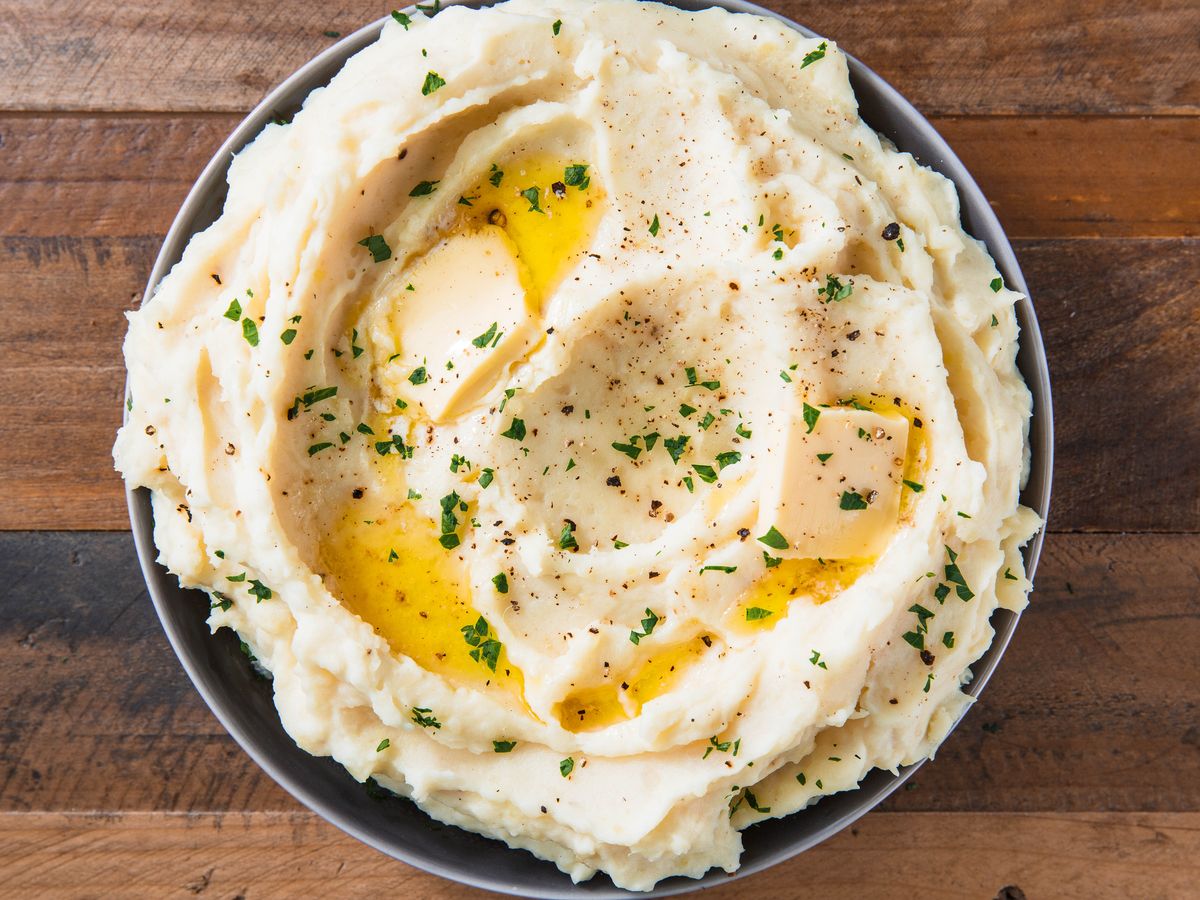
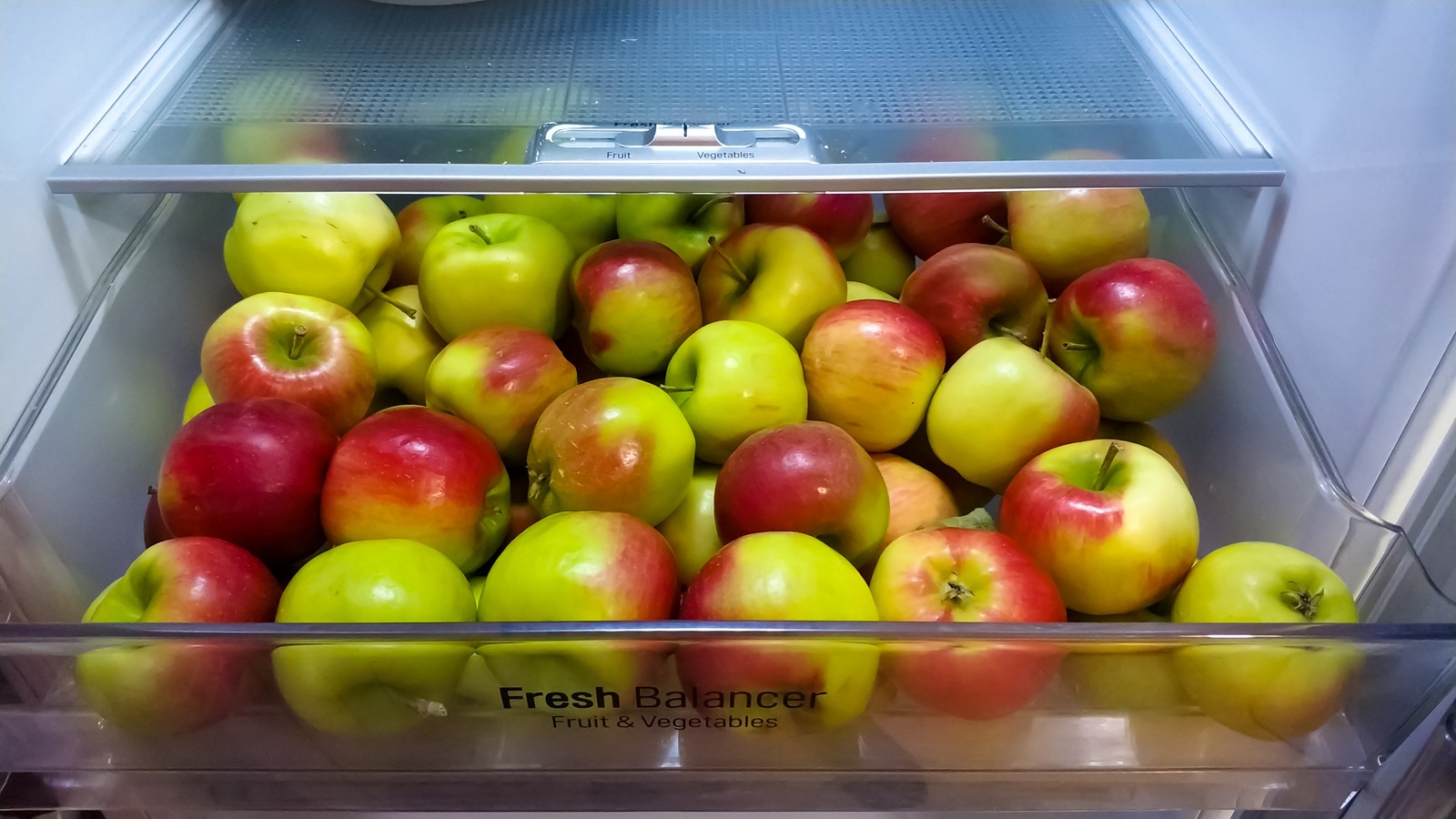


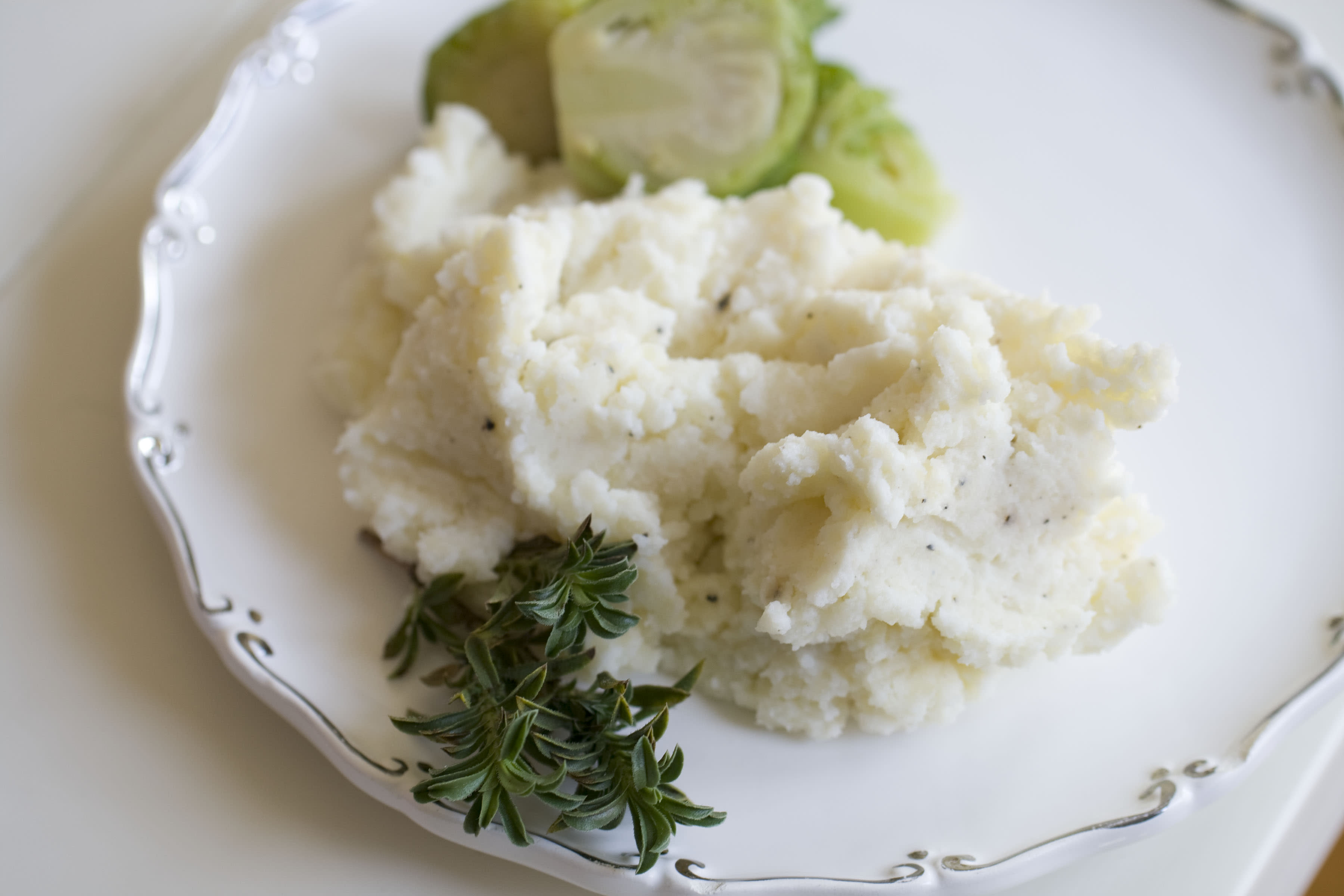


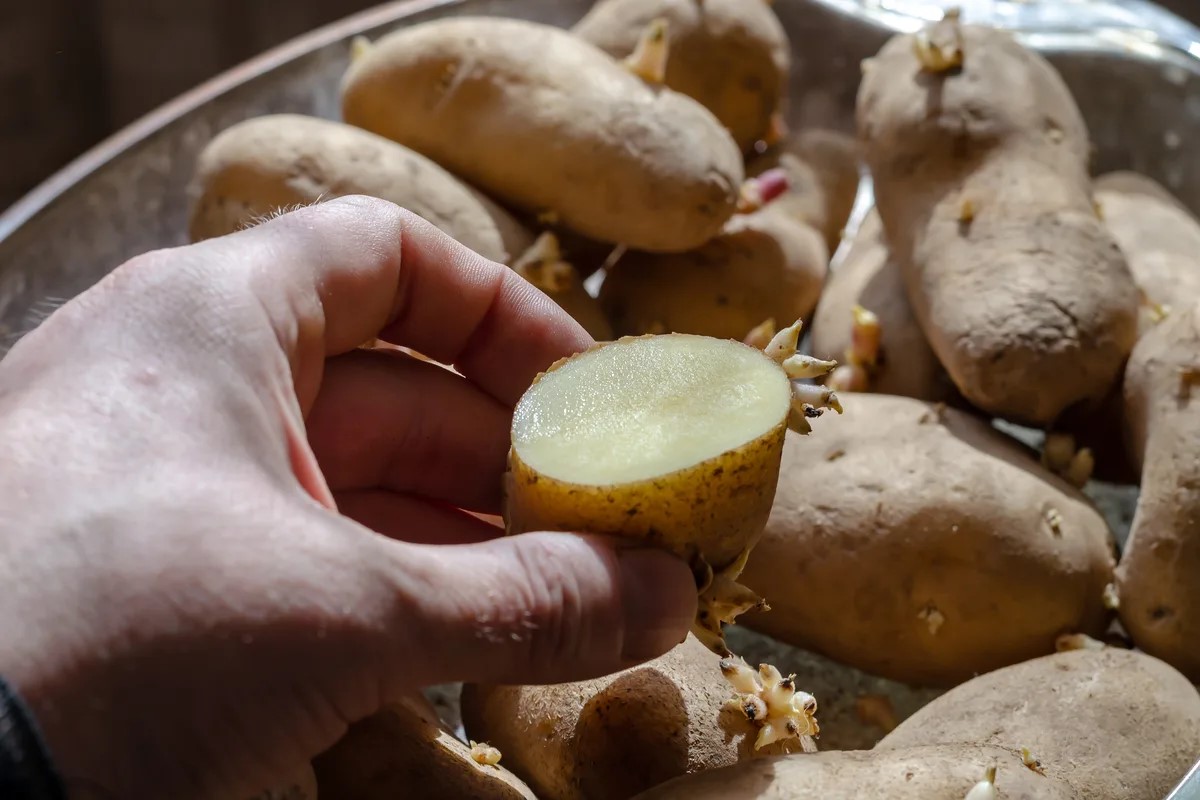
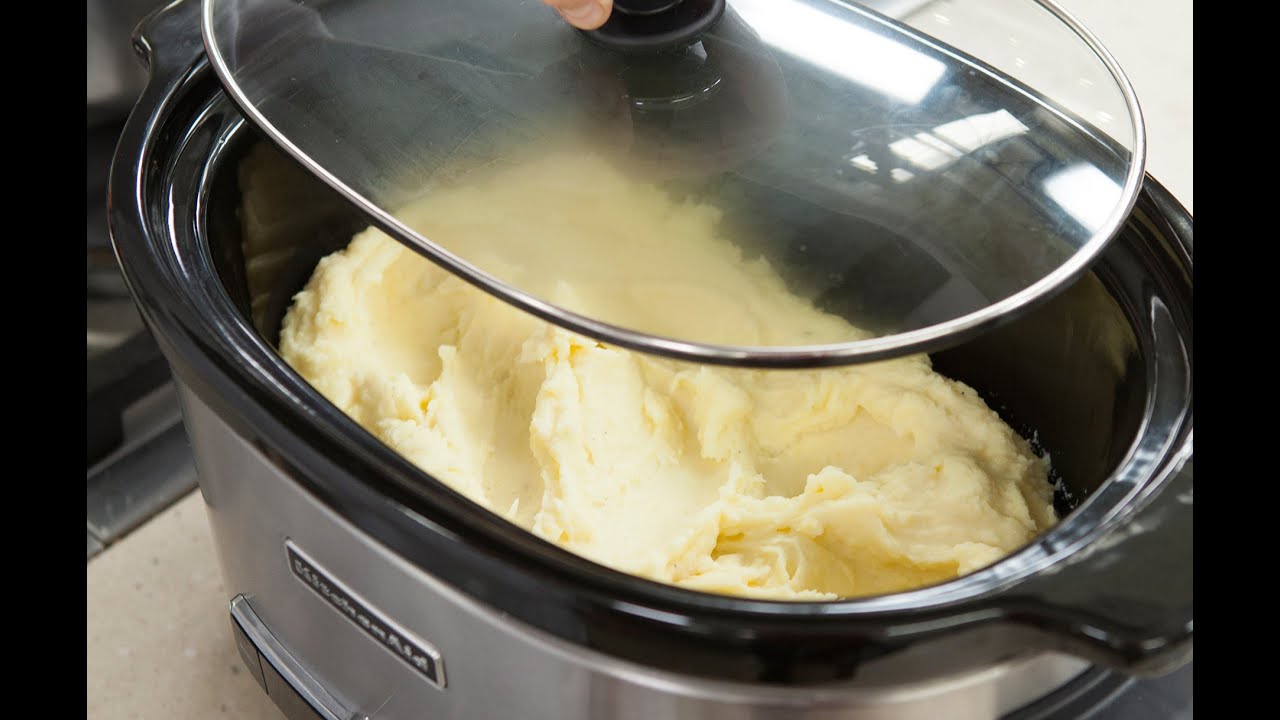
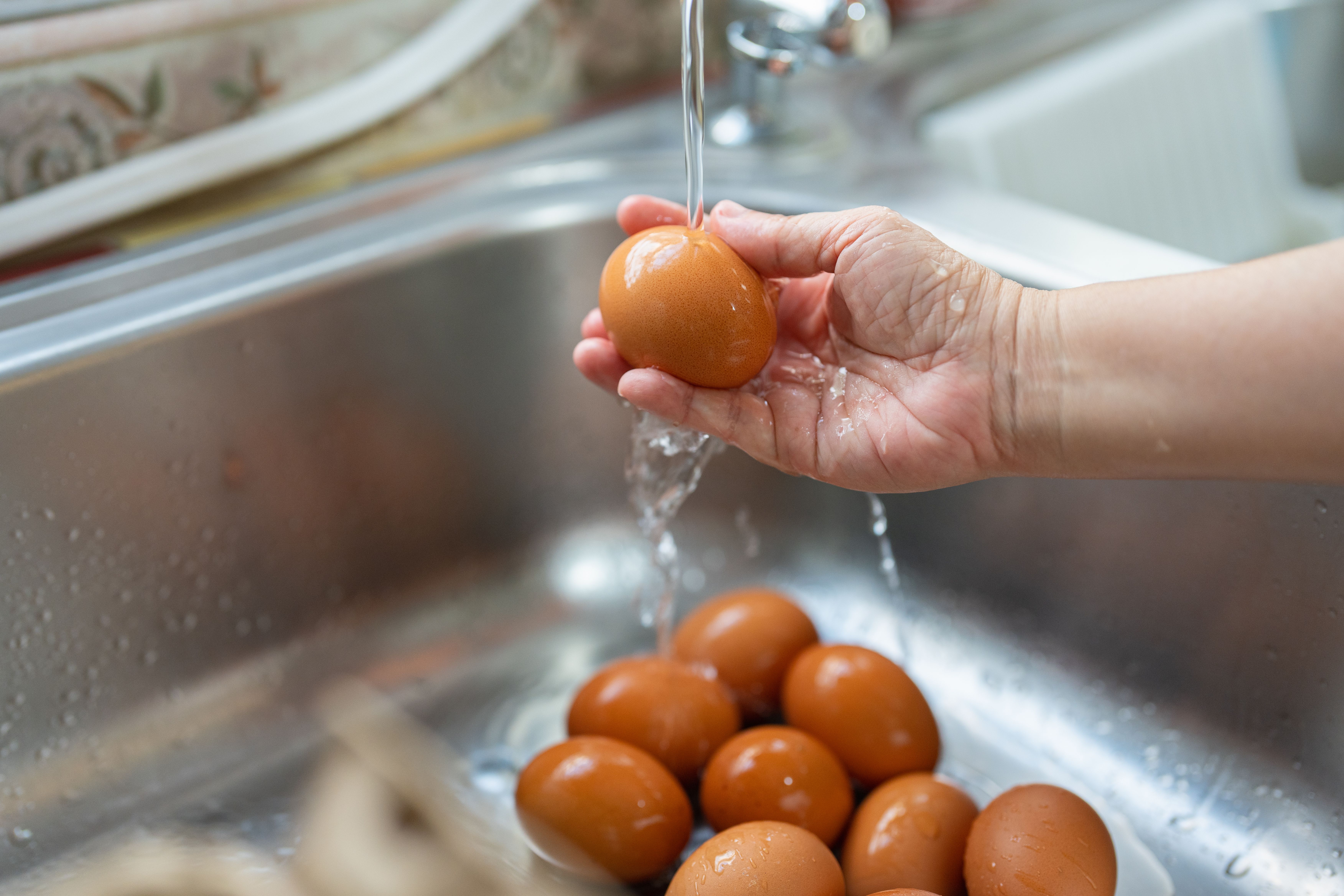
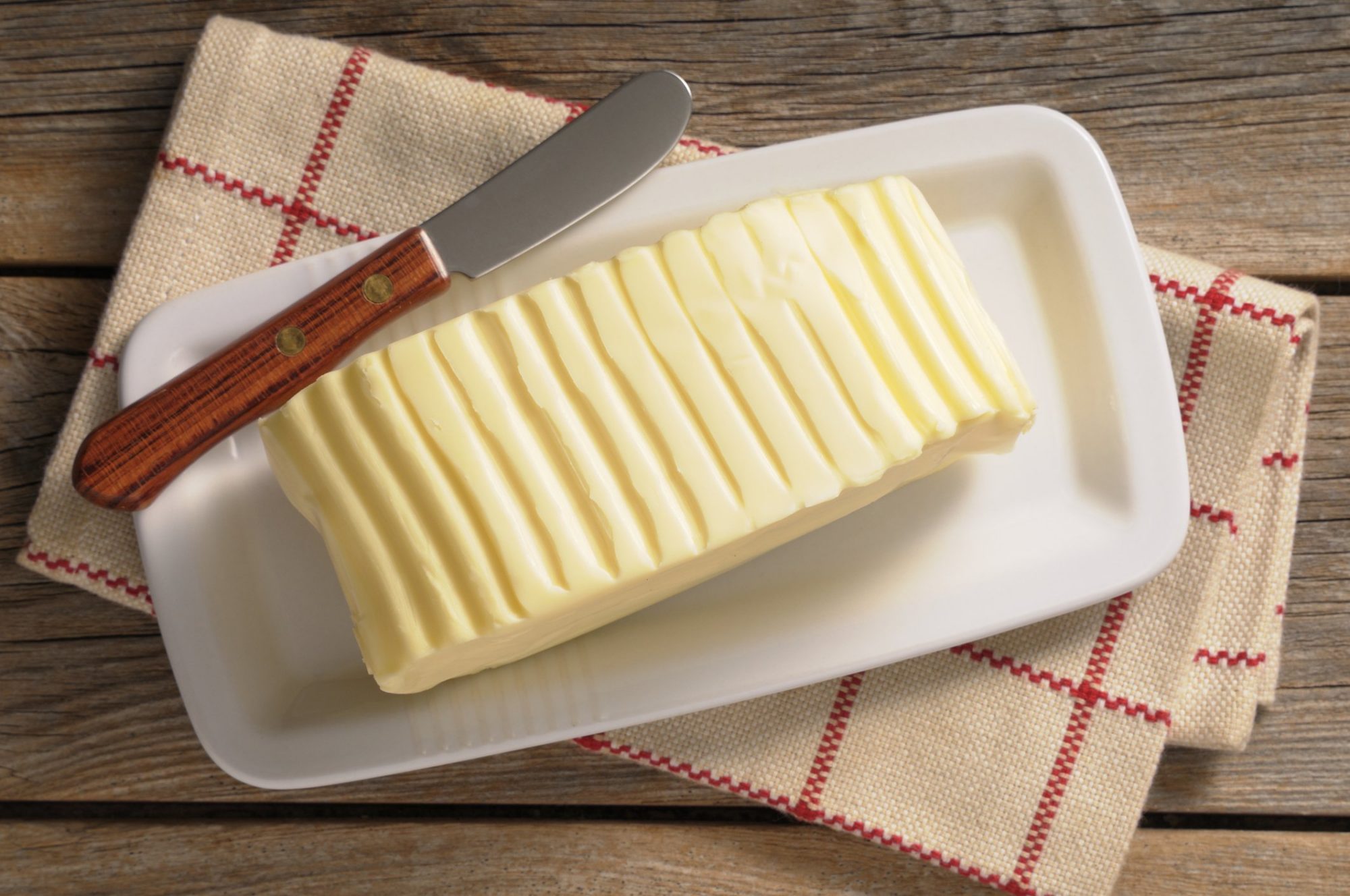

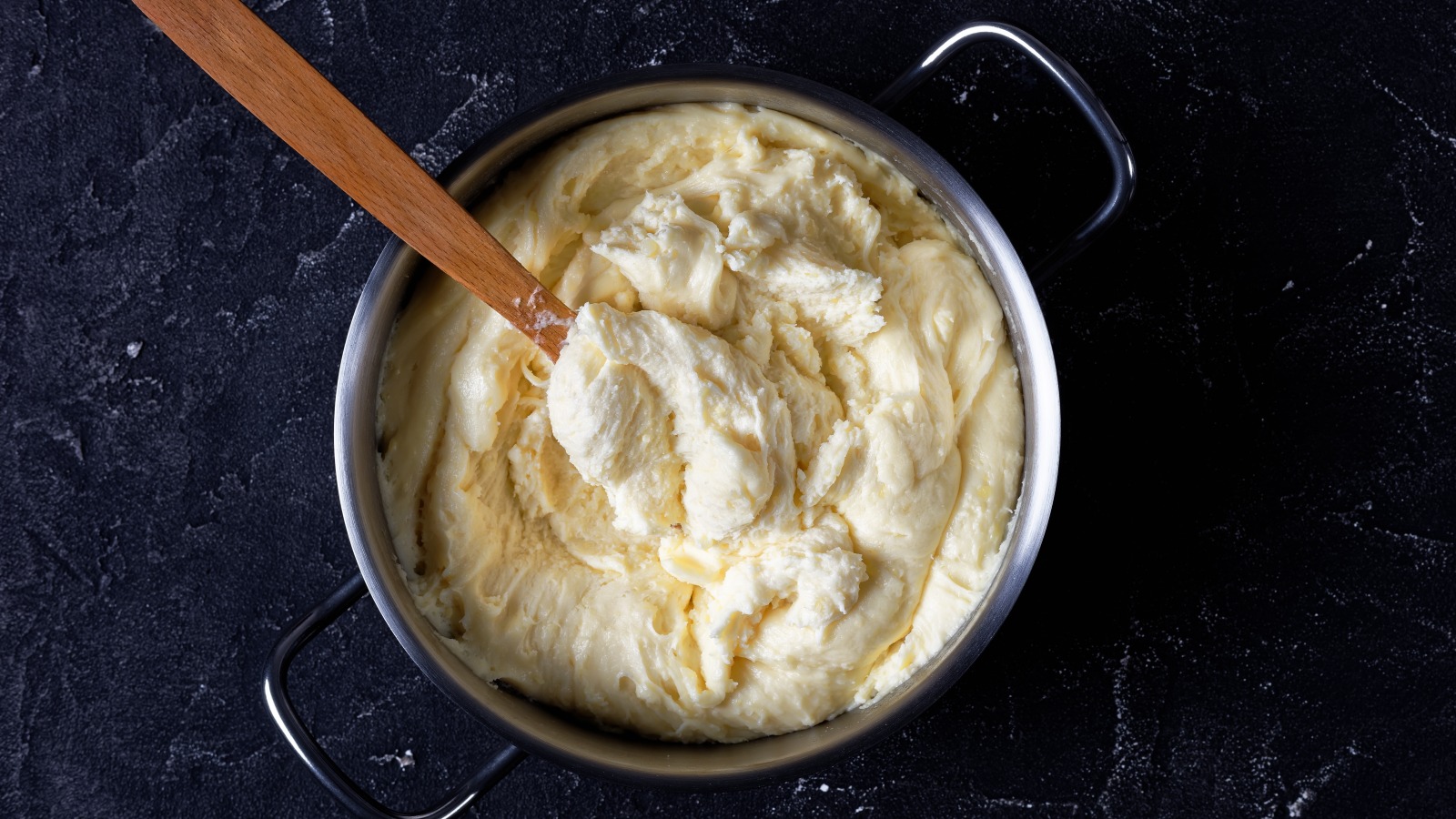
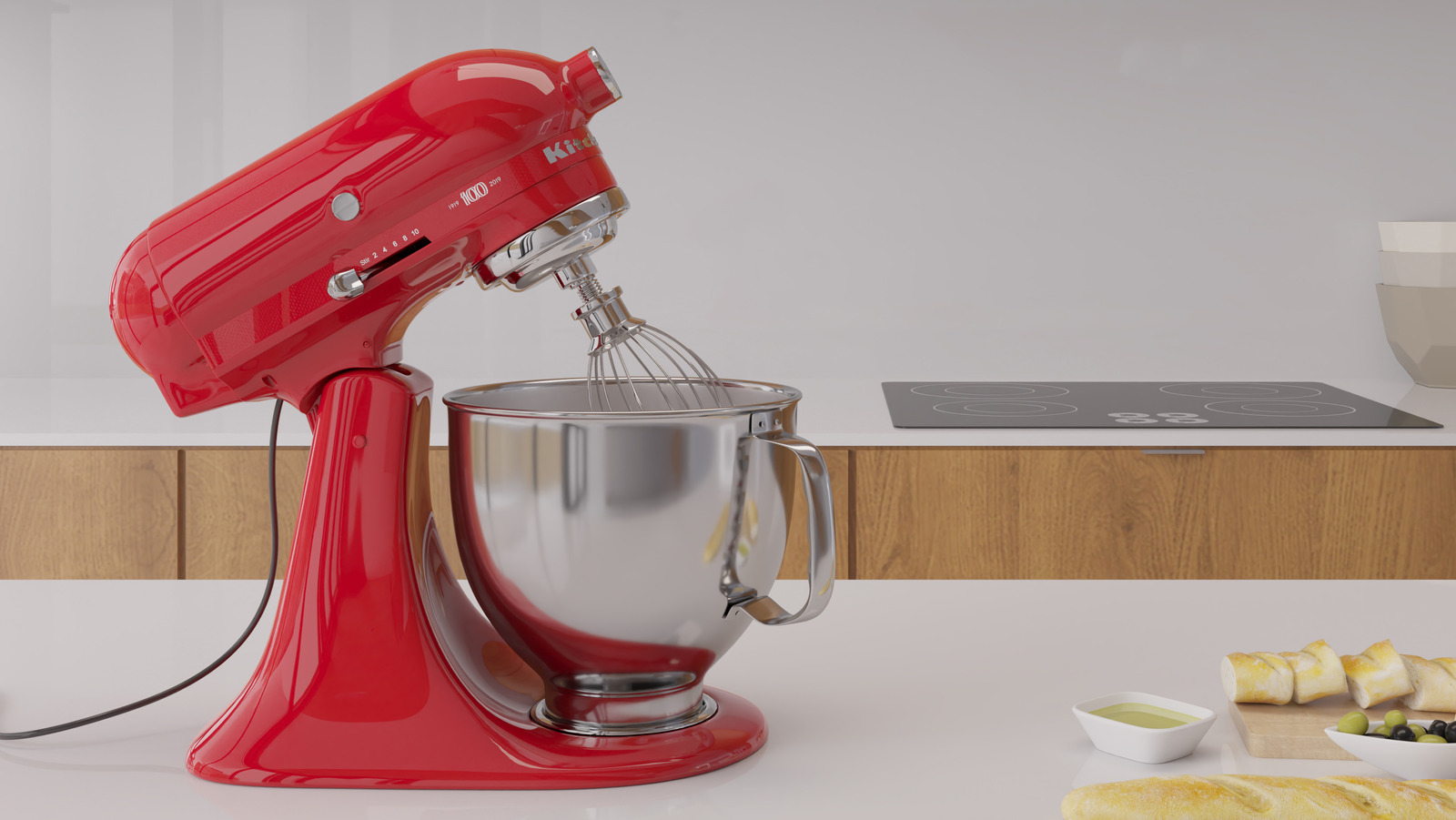

0 thoughts on “How Long Do Mashed Potatoes Last In The Refrigerator”